16-Year-Old Still Missing After Entering the Ocean in Ensenada | Photo: Ensenada Fire Department What started as a regular Monday …
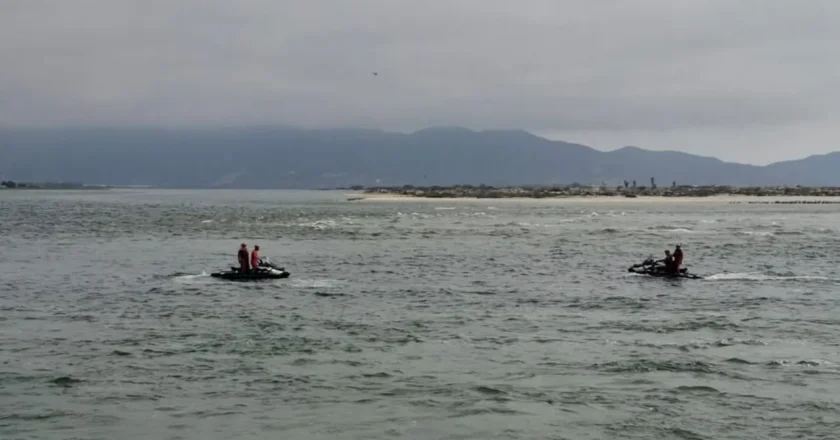

16-Year-Old Still Missing After Entering the Ocean in Ensenada | Photo: Ensenada Fire Department What started as a regular Monday …
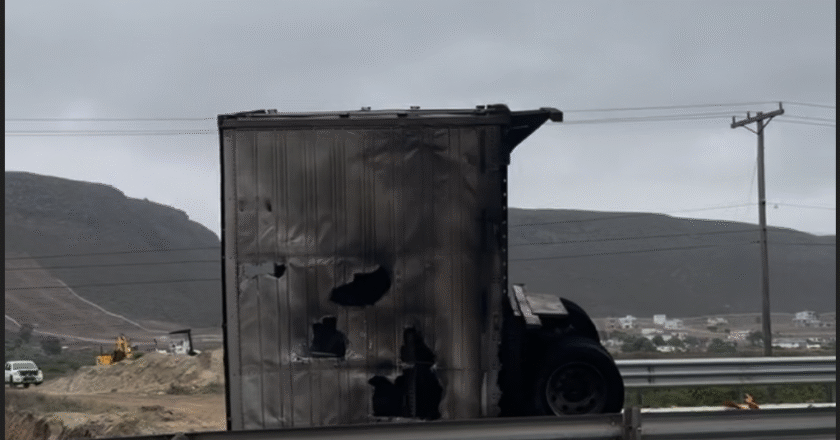
📍La Salina, Ensenada — Saturday, June 7, 2025 What started as a quiet early Friday morning turned into smoke, sirens, …
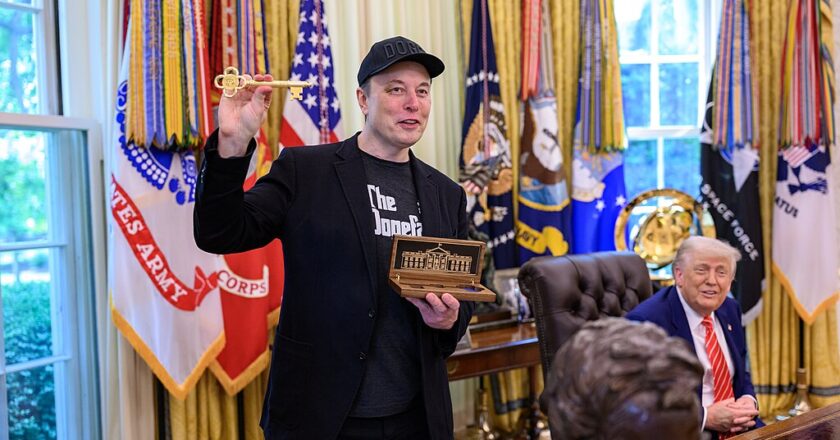
It’s not a breakup. It’s a full-blown digital war. Once upon a tweet, Elon Musk and Donald Trump were pals—posting …

The U.S. isn’t just humming a different tune—it’s pulling the plug altogether. In the latest move that proves Washington isn’t …
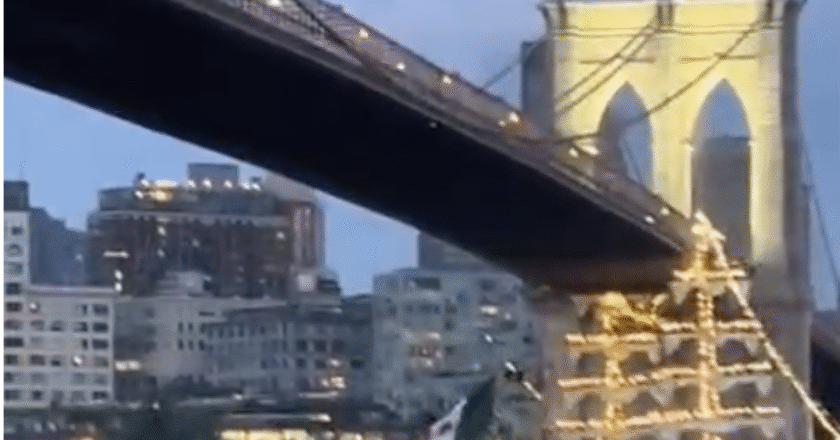
Mystery at sea… in reverse. On May 17, the pride of Mexico’s Navy, the Buque Escuela Cuauhtémoc, left a mark …
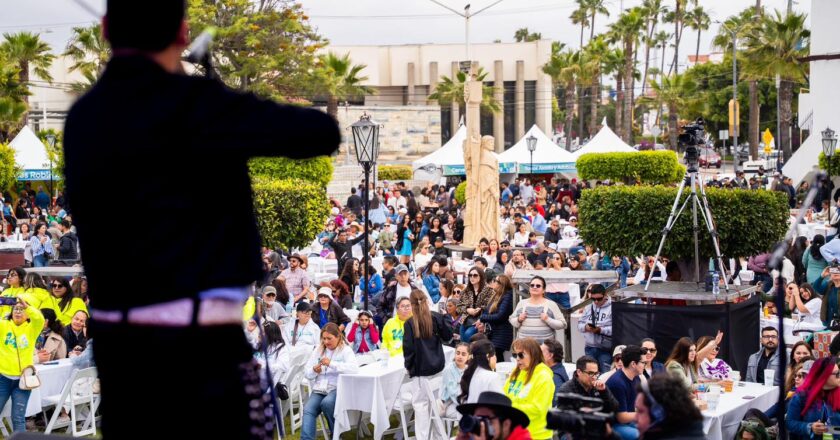
Ensenada hit 143 this weekend—and threw a party loud enough to wake the whales. On Sunday, May 18, more than …
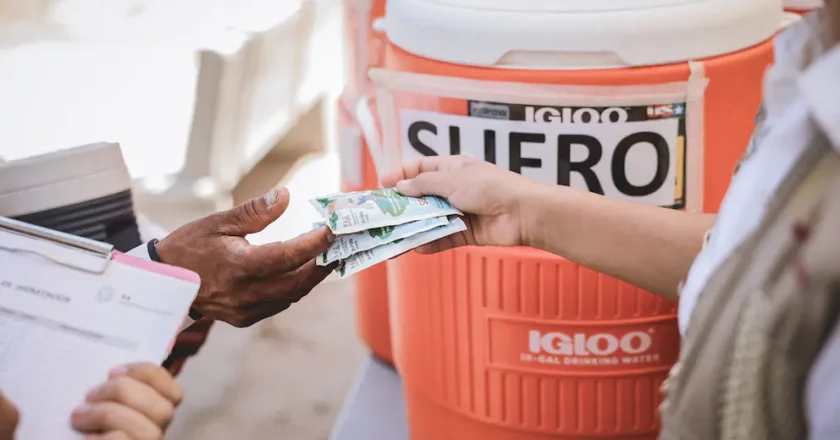
The numbers are grim—46 lives lost in Baja California this year to heat-related causes, with nearly 250 others suffering serious …
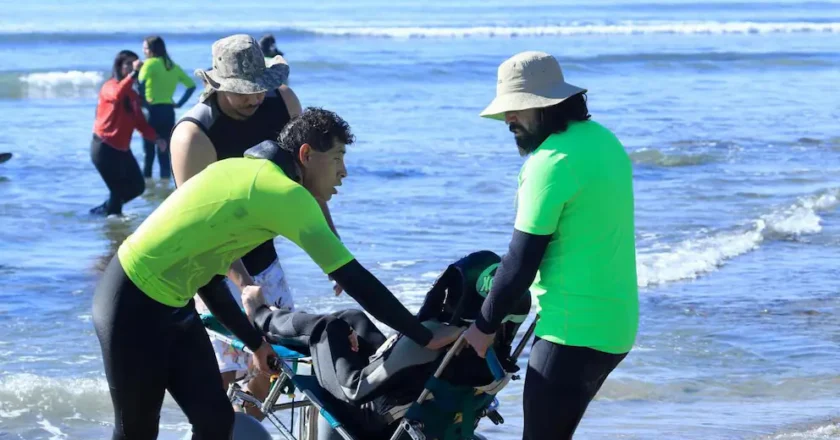
Rosarito’s most heartwarming tradition is making its way back to shore. After weeks of uncertainty, the beloved surf therapy sessions …
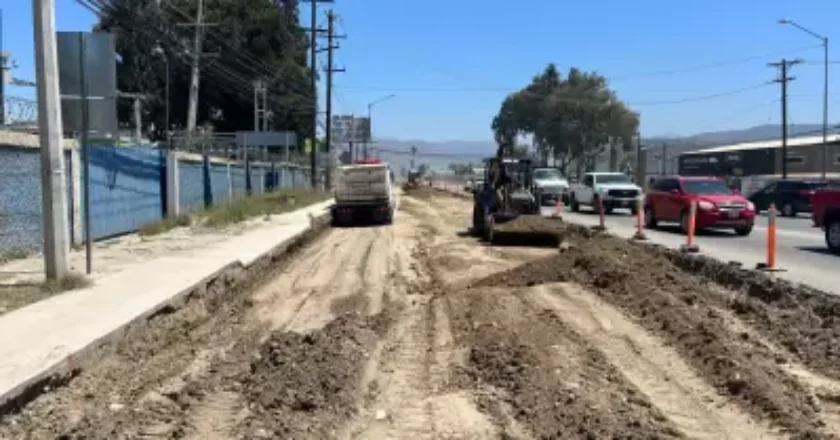
Dust off your patience—roadwork is back in town. The City of Ensenada just kicked off a major pavement rebuild on …
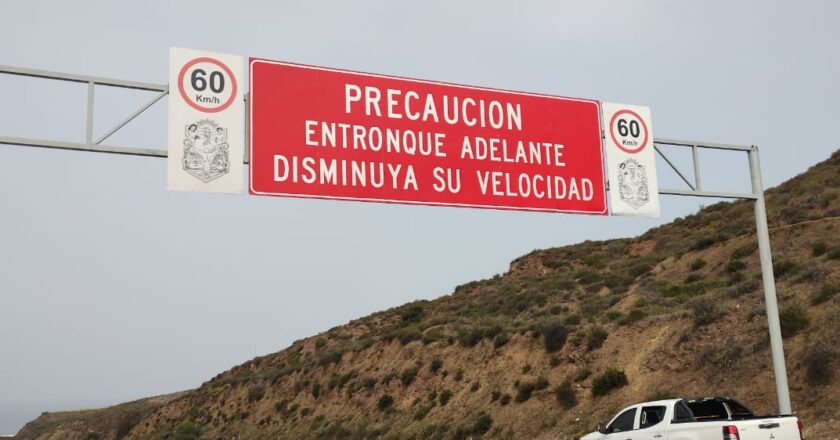
Drivers on the Tijuana–Rosarito 2000 highway might notice some new changes—and they’re not just cosmetic. The state’s infrastructure department (SIDURT) …